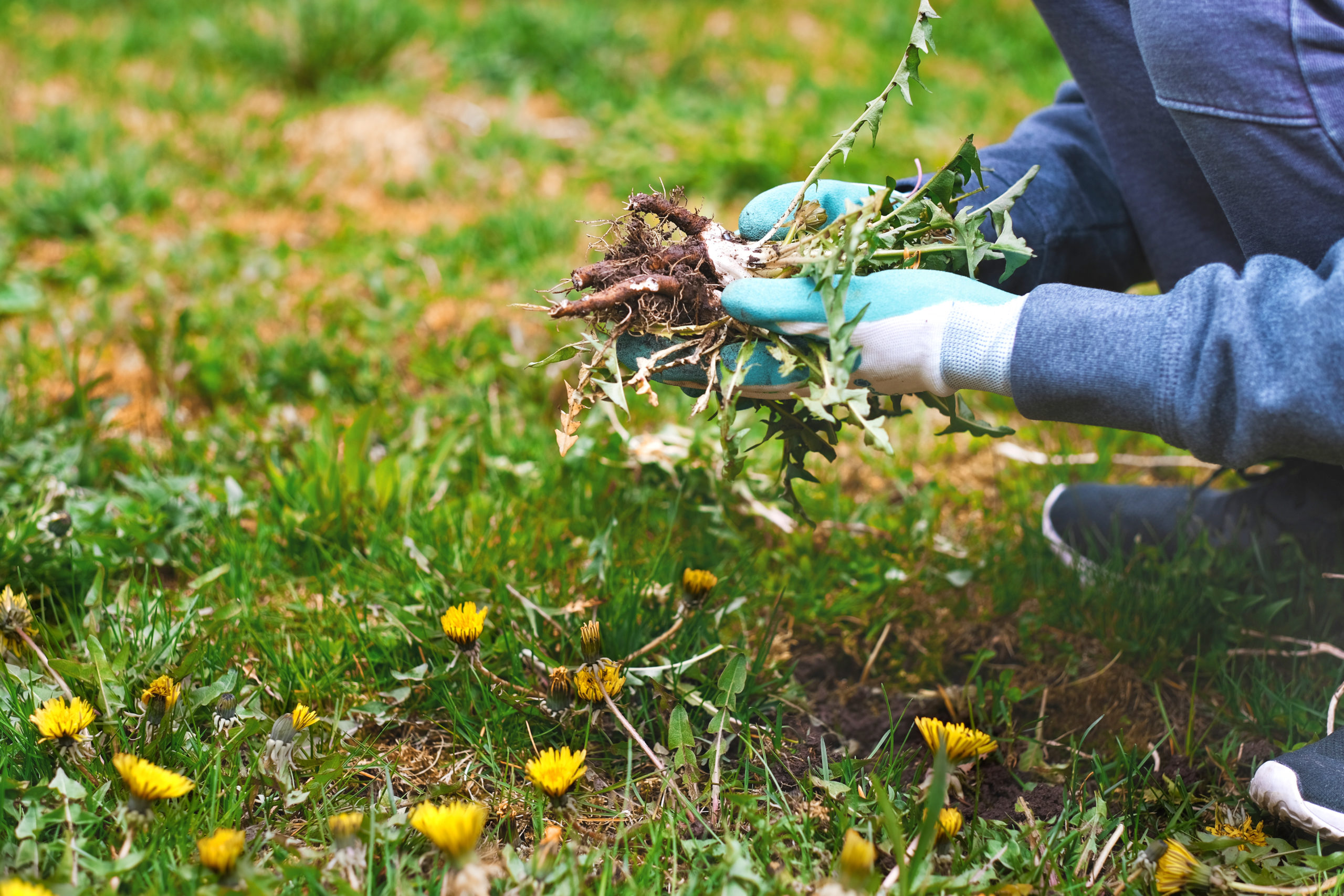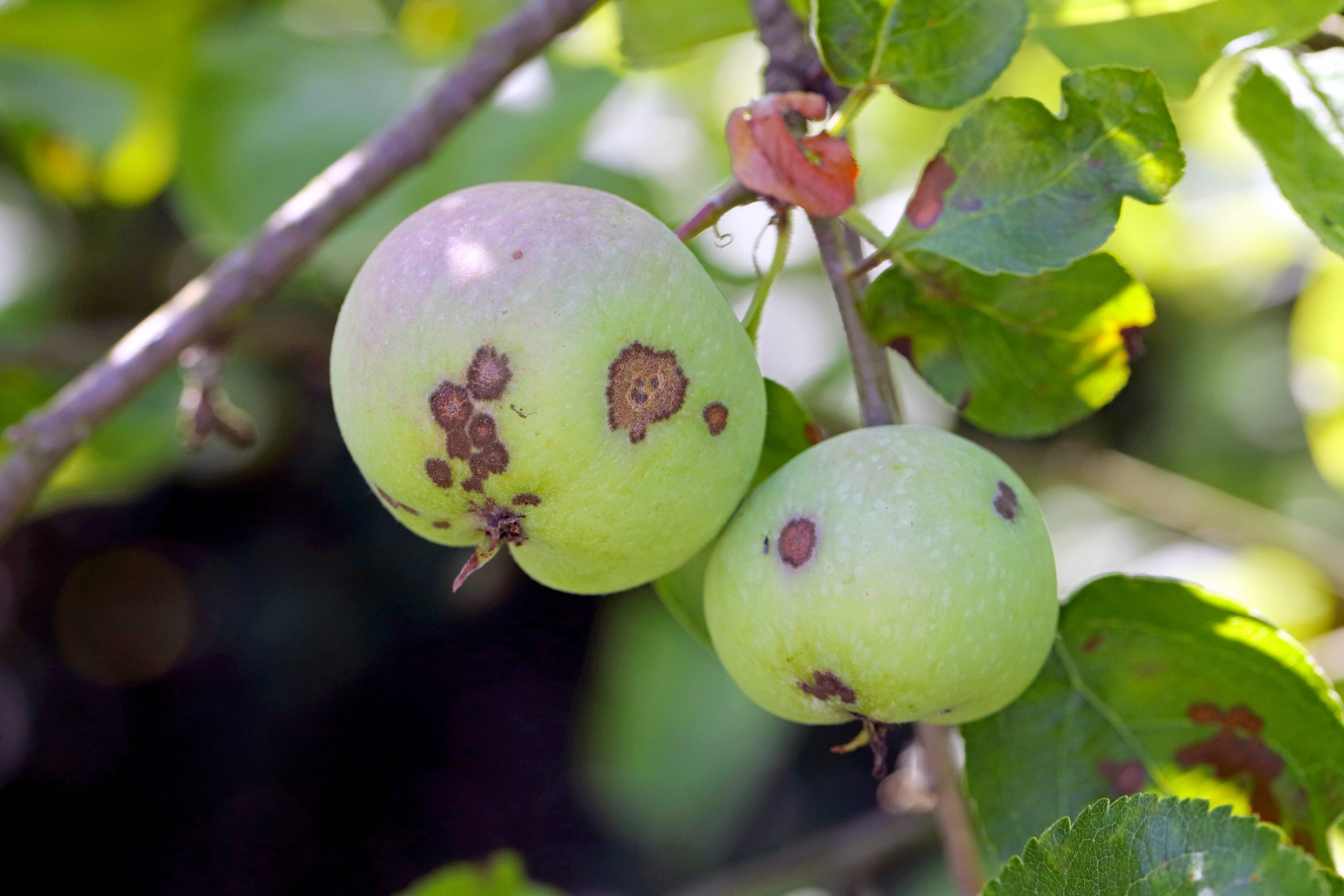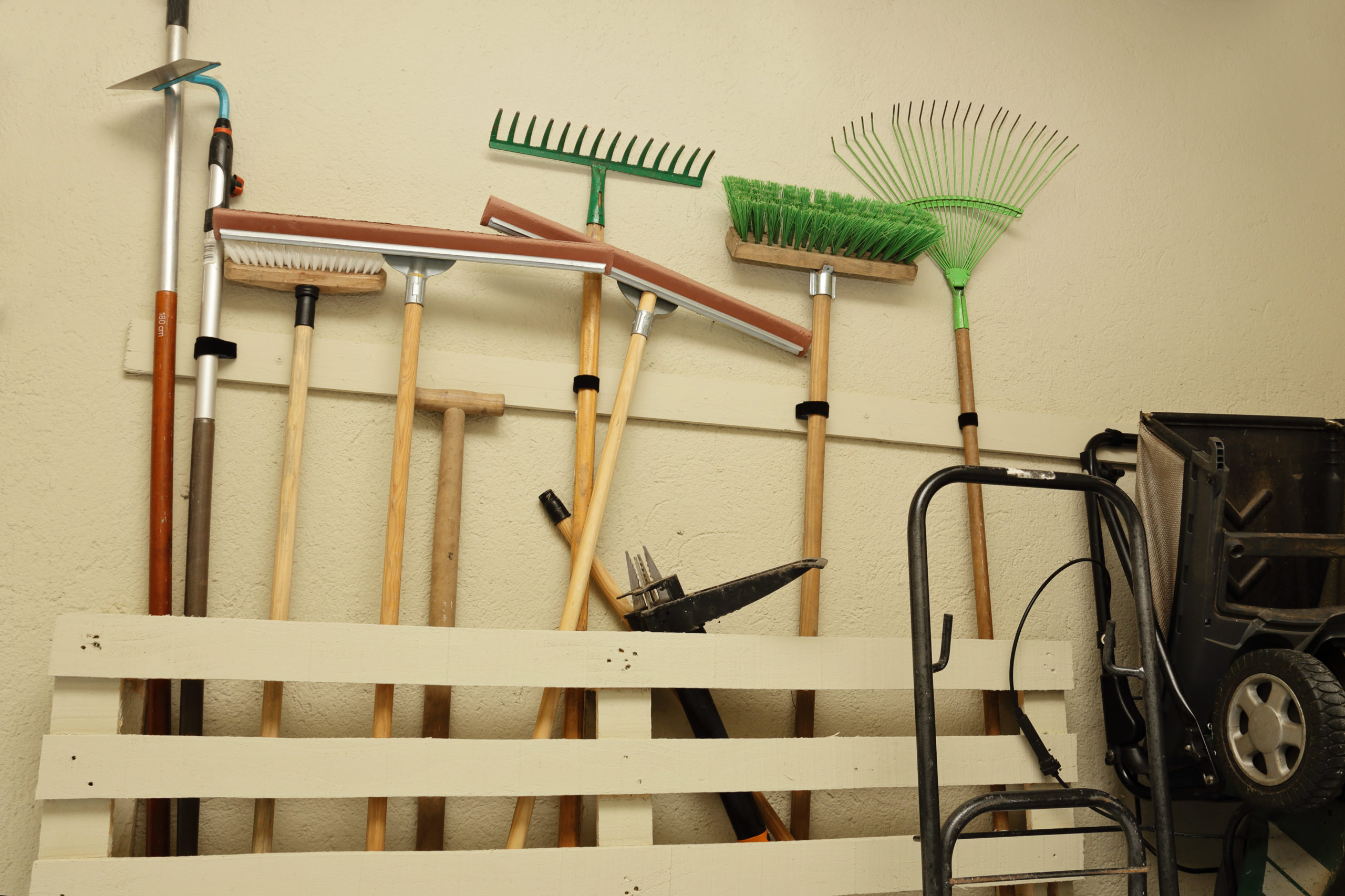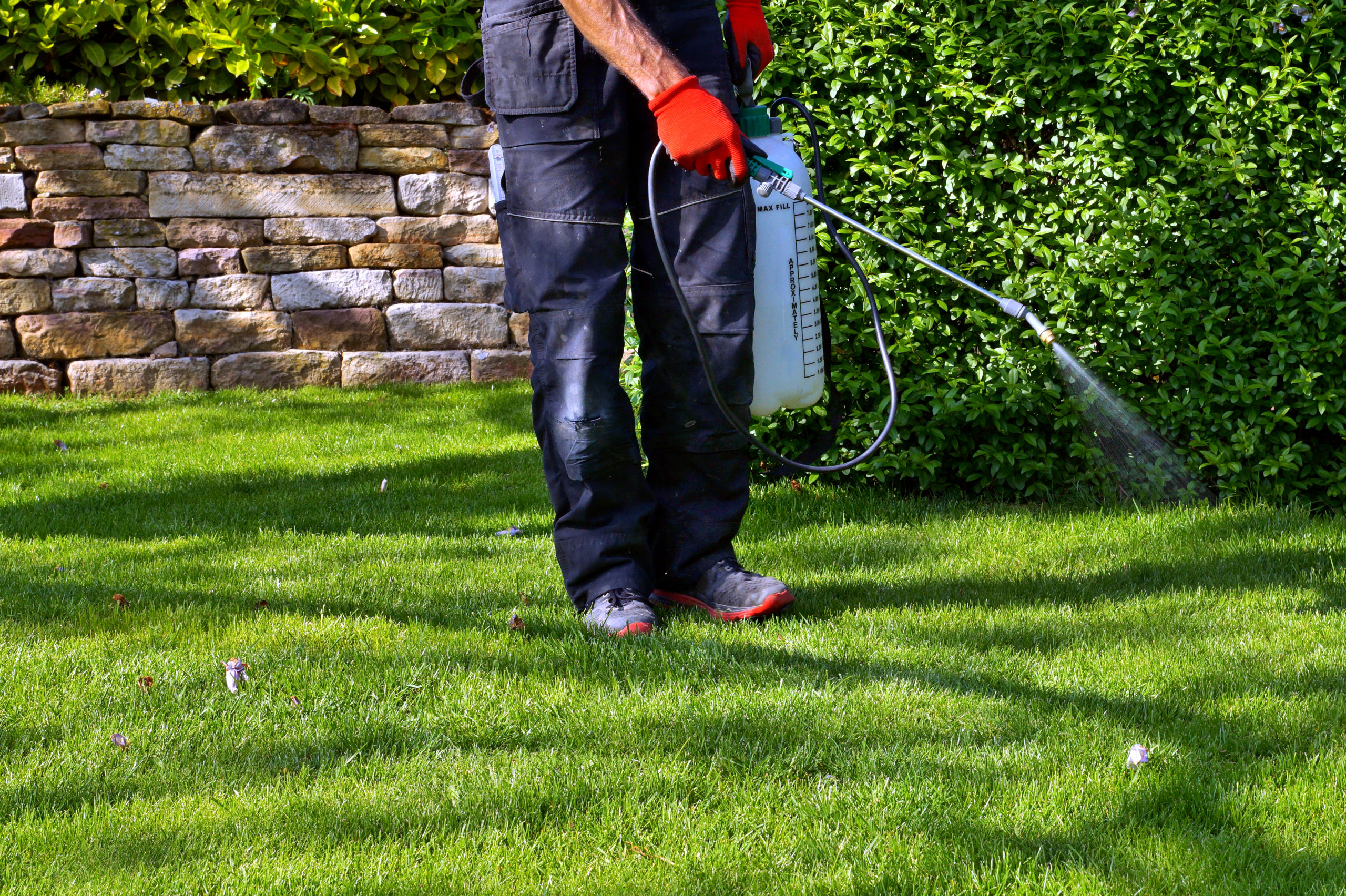10 Fall Yard Cleanup Tasks to Prevent Pests
10 Fall Yard Cleanup Tasks to Prevent Pests
Some fall traditions are not as fun as others, if we’re being honest. The pumpkin-themed foods, cooler weather, and beautiful fall foliage are all wonderful, but another feature of fall is the beginning of a storm pattern and wet weather. This is also when pests really make themselves known again, as they understandably do not like to get wet. Homeowners everywhere use the time before the fall to try and efficiently clean up the yard to beat the upcoming rainfall. Yard work is a whole chore in itself, especially if you have a sizable yard, but it is basically impossible when everything is dripping and soaked from last night’s rainstorm. It is important to get as many yard tasks done as possible before this point, but what are the most important ones in terms of preventing fall pests? Let’s talk about ten essential tasks in preparing your yard for a wet and hopefully pest-free season.
Clean Up Leaves

This may be the first task you think of when you hear the words “fall yard cleanup.” Depending on the number and types of trees you have, this one could take a while. But when you are raking your yard for what feels like the fifth time today, just think of how many pests like to live inside piles of untouched leaves. Spiders, rats, ants, mice, roaches, and centipedes all love hiding in leaf litter this time of year as it is the perfect spot to nest and reproduce. Plus, leaving these bright leaves on the lawn can cause it to dry out or not get enough nutrients in certain spots. Make sure to rake up fallen leaves as much as possible, especially during this time when the leaves are steadily falling. The method of removal is up to you, whether you use a setting on the mower or trash bags, but the common final task is to put them in the green “yard waste” trash can after gathering.
Pull Weeds

This is an important task year-round, but it is still essential in the fall. Weeds provide food and shelter for small garden pests, and they can then reproduce quickly to invade the whole space. Cutworms, aphids, thrips, and more like to hid under the leaves of plants and weeds, which is quite the surprise when doing yard work! Pull any weeds around trees and plants, and make sure to get the roots as well. Weeds will return if there are any roots left in the soil, even if most of the weed was pulled. We recommend using gardening gloves during the process to make sure your hands are protected from any potentially-biting pests and sharp edges on weeds.
Trim Certain Branches

This is another task that could be quite time intensive depending on the types of trees you have. Giant oak and pine trees have a more involved process than smaller crape myrtles. If they are accessible, remove any dead or hanging branches from the trees. Not only are these safety hazards if they fall, but pests can also inhabit the spaces between branches and use it as a place to nest. Also, remove any branches that are touching the actual house. Small pests like ants, spiders, and rodents use these as an easy highway straight to the house when the weather cools off. Fallen branches are common after major rainstorms and windstorms, so removing them early will prevent that headache from happening. Whether or not you have branches to remove, check any trees and tall shrubs for nests. Wasps and bees like to keep their nests in these hard-to-reach places, so it is important to have them removed as soon as you can. We recommend using a professional instead of doing it yourself, as stinging pests are very territorial.
Keep the Lawn Mowed

After the leaves are removed from the lawn, it helps to keep pests away by trimming the lawn. Overgrown grass provides every resource for pests, and then it is only a matter of time before they start to look for warm shelter from the cold weather. Try to mow it before an approaching rainstorm if it is long at all, as insects and arachnids will come out from hiding to inhabit the tall grass. Keeping the lawn mowed also helps it to retain nutrients and water more easily, as the blades won’t be in the way. Lawn experts recommend aerating the lawn as well, since this will really help it to soak in the nutrients from any treatments. A healthy, happy lawn is less likely to be overrun by pests, as it has less hiding spots and is not left untouched forever.
Clean Out Gutters

If your area receives a lot of rain, this is one of the most important tasks to complete before the rainy season sets in. If a gutter does not work properly, it is typically because it’s blocked by leaves and other natural debris. This is one of the most common places for nesting pests, rats and mice in particular, to live long-term. Make sure to clear out all gutters as best as you can during the changing of the seasons. Some people like to use a big shop vacuum for this task, some like to use a blower, and others prefer to just scoop it all out by hand. No matter which method you use, we strongly recommend wearing gardening gloves when handling the debris in gutters. You don’t want to end a day of yard work with a hand full of cuts or bites!
Properly Clean Up the Garden

Gardens are fun additions to yards of any size, but they can become a burden if the pests decide that it would make the perfect location for their next homes! It is also important to clean up the garden when doing the other types of yard work, especially if the garden is anywhere close to the house itself. Pull any weeds that have sprouted, and trim down the plants that spread their seeds more easily. If there are too many seeds and small plant debris scattered, it will mean more weeds and further cleanup for you. Perennials are often the culprits of this event, such as foxgloves, black-eyed susans, hibiscus, and day lillies. Also, remove any trimmings or leaf debris from the garden to prevent pests from using these as prime hiding spots for the fall season.
Remove Overripe or Rotten Fruit

If you have any kind of fruit trees or shrubs in the yard, you know the struggle of finding your yard full of fallen produce the day after you cleaned it all up. Many trees lose fruit along with their leaves this time of year, which means there are more on the ground for pests to enjoy. Plenty of insects already enjoy fruit, like stink bugs, wasps, cucumber beetles, and flies of all kinds. But it is even easier for them when the fruit is sitting untouched on the ground, mixed in with all of the other leaf litter. Fruit flies especially love overripe fruit, and will lay hundreds of eggs in a piece of this produce. Pick up any fallen fruit throughout the yard, and check the trees for any overripe pieces that may have been missed.
Check Plants for Hidden Pests

This is more of a task to do while you are completing other chores around the yard, but it is an important one. Pests are expert hiders, as we have established, which means that they can be hiding all around plants and trees without ever being seen! While trimming plants and removing weeds, check the leaves of the plants for any hidden critters. Aphids and spider mites are commonly found underneath the leaves, and caterpillars like to spend their time on any part of the leaf in general. Also, check around the base of the plant for pests. Cutworms, Japanese beetles, and slugs all like to inhabit this space because it provides protection in between feedings. Tilling the soil underneath plants helps to prevent pests from living there long term. There are plenty of garden insecticides available at hardware stores, but just be sure to use them properly and with caution if you decide to go this route.
Inspect the House for Cracks and Holes

Since you are already outside, you may as well check the house for any potential entry points! This is the time of year when pests start to search for their overwintering or hibernating spot, and that unfortunately means our houses are the prime locations. Tiny pests can clearly fit in tight spaces, but you may be surprised to learn that slightly larger pests can even fit in cracks and small holes. Mice and rats are surprisingly flexible and agile, and a crack the width of a pencil is not too small for most species. Inspect the exterior of your home for any sort of crack, hole, or gaps around doors and windows. Fill holes with copper mesh or steel wool, and seal all cracks with caulk. It may not seem like it, but these materials do wonders at keeping out pests who don’t have their own cozy place to call home.
Properly Store the Tools When Finished

Finally, when it’s time to hang up the rake for the day, make sure to store all gardening and yard tools properly. The corners and spaces in larger tools are perfect for spiders to spin their intricate webs, as well as sneaky pests like mantids and roaches to hide out. Plus, it makes everything much easier to have all of the tools ready for the next yard work session. Try to keep the area as clean as possible as well, since any kind of organic debris will attract pests needing nest materials or sustenance. Keep all tools and equipment stored in a shed or the garage in whatever organizational manner you choose.
Call Pest Control Services at Any Time

You don’t have to do all of these tasks before calling in the pros, as we will be happy to solve your pest issues no matter the state of your yard. It may help to have plants trimmed and leaves removed, if anything, just so that the treatments have a better chance of fully reaching the pests and their makeshift homes. Our eco-friendly treatments will eradicate the pests in your yard without leaving dangerous chemicals behind on your plants and lawn. Contact us to learn more about how you can enjoy your beautiful yard free of invasive pests!
Citations
Andrychowicz, A. (n.d.). 5 tips to simplify fall garden cleanup. Get Busy Gardening. Available at https://getbusygardening.com/simplify-fall-garden-cleanup/ (Accessed on October 11, 2022).
Checklist for fall garden clean up. (n.d.). BioAdvanced. Retrieved October 11, 2022, from https://bioadvanced.com/checklist-fall-garden-cleanup
Edwards, R. (2022, September 16). The 15 must-dos of fall yard cleanup. Safewise. Available at https://www.safewise.com/blog/the-15-must-dos-of-fall-yard-cleanup/ (Accessed on October 11, 2022).
Hanula, D. (2021, October 22). The essential guide to fall cleanups. Budget Dumpster. Available at https://www.budgetdumpster.com/blog/fall-yard-cleanup/ (Accessed on October 11, 2022).
How a fall lawn cleanup helps your yard. (2019, September 6). Streamline Lawn. Retrieved October 11, 2022, from https://streamlinelawn.com/blog/how-a-fall-lawn-cleanup-helps-your-yard/
Miller, L. (2022, April 5). How to get rid of the 10 worst garden insects. Family Handyman. Available at https://www.familyhandyman.com/list/10-worst-garden-insect-pests-and-how-to-get-rid-of-them/ (Accessed on October 11, 2022).
How Do Pests Contaminate Food?
How Do Pests Contaminate Food? How Do Pests Contaminate Food? Summary: A practical homeowner guide explaining how pests contaminate food through contact, saliva, [...]
The Clear Signs of Bed Bugs in Every Setting
The Clear Signs of Bed Bugs in Every Setting The Clear Signs of Bed Bugs in Every Setting Summary: A setting-by-setting guide to [...]
Odor is an Early Sign of Rodents, Here’s Why
Odor is an Early Sign of Rodents, Here’s Why Odor is an Early Sign of Rodents, Here’s Why Summary: Rodent odors are often [...]
Pest Prevention Tips for Snowy Days
Pest Prevention Tips for Snowy Days Pest Prevention Tips for Snowy Days Summary: Snowy weather pushes pests to seek warmth and shelter indoors, [...]
How Do Ants Spend Winter? What Homeowners Should Know About Ants in Winter
How Do Ants Spend Winter? What Homeowners Should Know About Ants in Winter How Do Ants Spend Winter? What Homeowners Should Know About Ants in [...]
Termites Are Awful Winter Pests – Here’s Why
Termites Are Awful Winter Pests – Here’s Why Termites Are Awful Winter Pests – Here’s Why Summary: Termites can remain active through winter [...]

